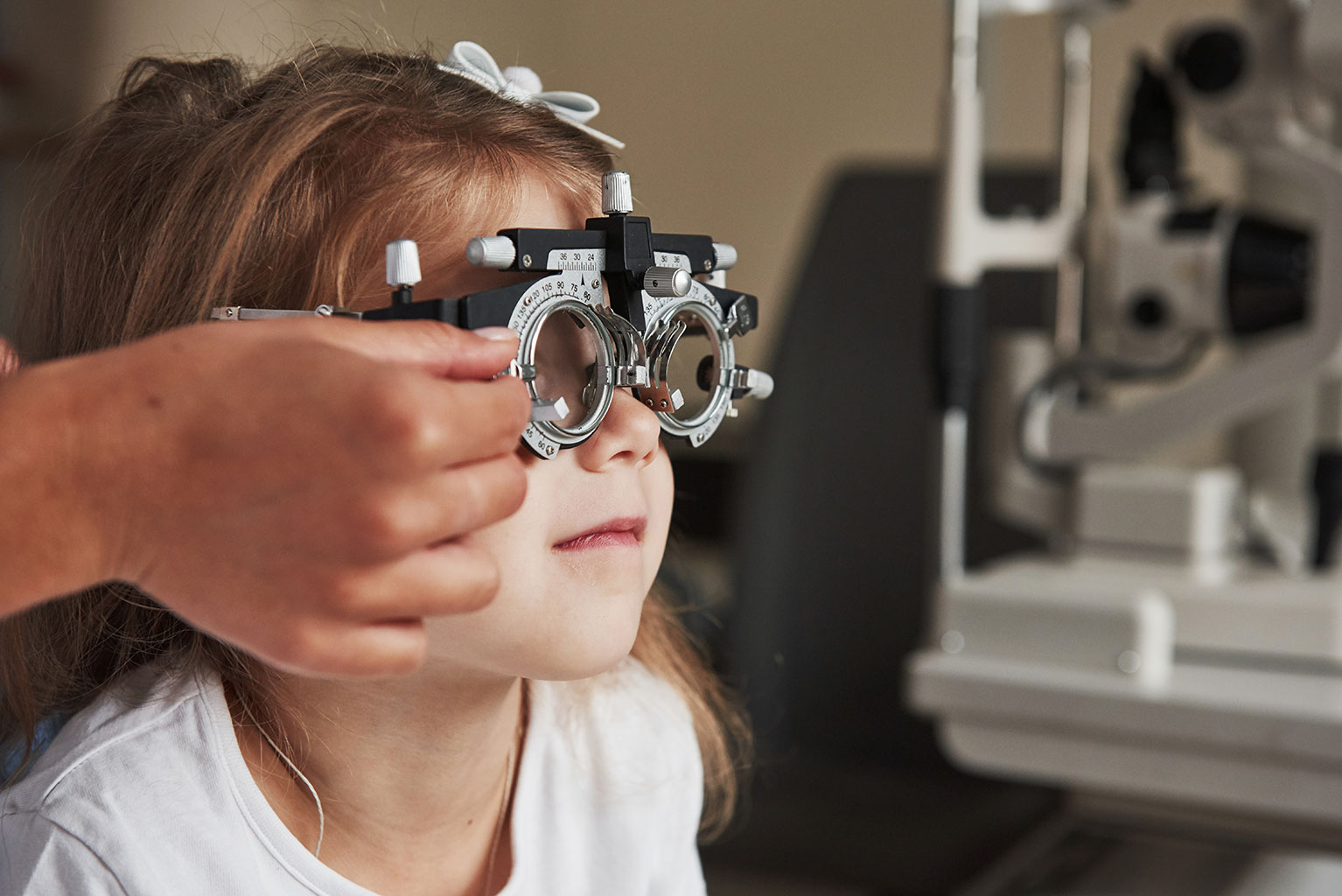There’s a lot to take care of before your child starts a new school year, from choosing the perfect first day of school outfit to stocking up on the right school supplies. If you want to prepare your child to excel academically, a visit to your child’s optometrist should be high on your list.
It may sound random, but research done by the College of Optometrists in Vision Development shows that for children, 80% of learning is done visually. Vision problems are the fourth most common kind of disability in the United States and one of the most common childhood conditions.
Don’t let your child start the school year on the wrong foot! Schedule your child’s yearly eye exam right before school starts to help them best prepare for the new school year.
What About School Eye Exams?
You’re probably thinking, “Don’t they do annual vision exams at my child’s school?” Yes! These screenings do take place, and many parents are content leaving their child’s pediatrician, school nurse, or even the child themselves to notice vision problems.
These aren’t entirely reliable sources. A licensed optometrist or neurovisual specialist doesn’t typically perform screenings, and while they might consistently find weak vision in children, only a complete eye exam by an optometrist can diagnose eye disease.
The American Optometric Association reports that only 25% of vision issues among children are caught during school screenings and that one in four school-aged children have vision problems that go undetected and negatively affect their visual perceptual ability.
Your child probably won’t realize their vision is concerning until it’s a serious issue. It’s common for a child’s vision to change without them even noticing! If your child has a vision problem that is left uncorrected, it can:
- Impede the child’s development
- Get in the way of the child’s learning
- Cause long-term vision problems
- Result in behavioral and attention issues
Learning-Related Vision Problems
Frequently, learning disorders and trouble reading comes from a misalignment of the eyes, also known as binocular vision dysfunction (BVD). Sometimes children are misdiagnosed with ADHD or another learning disorder, but you should exhaust all of your resources and visit an eye doctor before settling on a diagnosis.
When a child has BVD, their eyes are misaligned and strain to correct it. If your child complains of the following symptoms, you should make an appointment with an optometrist or neurovisual specialist as soon as possible:
- Dizziness
- Headache
- Difficulty reading
- Sensitivity to light
- Motion sickness
It’s vital to correct BVD before it affects your child’s academic performance. Children with BVD might say they feel tired when they read, have trouble distinguishing between words, and skip lines when reading. Even the slightest misalignments can negatively affect your child’s learning and reading.
Seek Help
NeuroVisual Specialists of Florida is the only certified optometrist in Florida that specializes in neurovisual optometry. If you suspect that your child has BVD or other serious vision issues, contact NeuroVisual Specialists of Florida to schedule an appointment.


